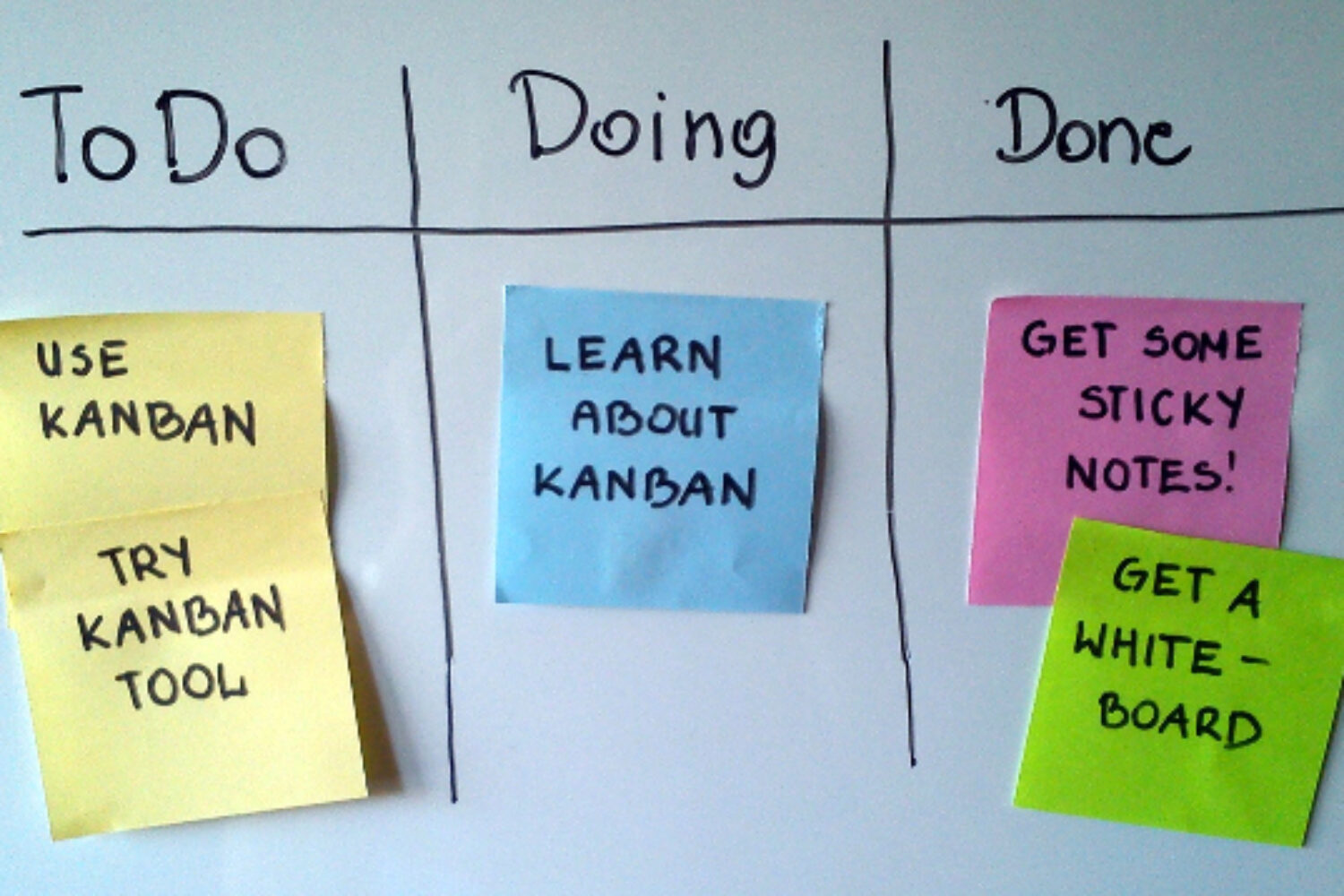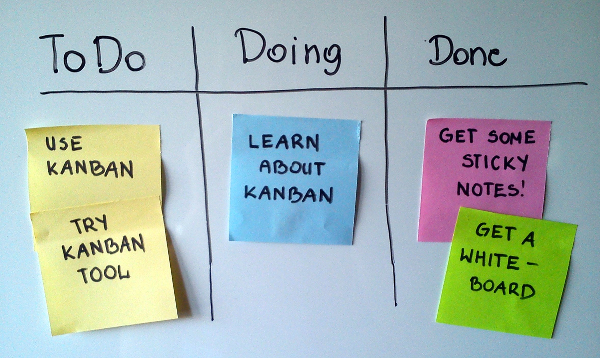José E. Rodríguez and I met in October 2013. I was invited to give a workshop at a weird event in the South of Barcelona – an AGILE Coach Camp. That was my first encounter with the future – the future of how we do business in companies. Ever since the word AGILE haunts me. It seems to be everywhere, while so few decision makers know about it. José studied Computer Science at the University of Havana in Cuba. Today, he acts as an AGILE coach, consultant and trainer in various organizations. I thought it was time to ask someone who knows… about the future!
José, lately, I’ve heard so much about AGILE in my trainings. You’re an AGILE expert. Can you explain to me in simple terms: What is AGILE?
AGILE is a more humane approach to work. It builds on our strengths and potentials as human beings instead of considering people as resources in a machine-like mechanism.
Instead of long development cycles, project delivery is done through short iterations focused on delivering a specific result. Clients and stakeholders continuously collaborate and can see results much earlier in the project cycle. They can learn from it, detect unforeseen issues and smoothly change the direction if needed. These short feedback loops drastically reduce the risk of a project.
Another aspect is a higher level of autonomy. Team members can organize and perform their work with much more freedom. Not surprisingly, this generates higher personal engagement. People start to take more responsibility and accountability over their team’s work. AGILE triggers motivation, creativity and the desire to contribute and make a difference.
Lastly, an AGILE environment is all about continuous improvement. After each short iteration teams invest time and energy to review what worked well and improve each part that could be done better.
The combination of short cycles, autonomy and continuous improvement helps teams to excel at an exponential speed and deliver exceptional results.
Is AGILE an exclusive approach for IT and software development?
Not at all! This is where it has been developed and adopted the most so far. That’s where it proved to be successful. Team effectiveness, for instance, often improves up to ten times.
But while IT and software represent about half of all the industries where AGILE is applied, it also made its way into a variety of other sectors such as: Marketing and advertising, architecture, construction, product development, finance, education or event planning.
An AGILE approach is not necessarily the best solution for all situations, but it is exceptionally effective for complex environments where change is a constant.
That’s interesting. In a recent training an AGILE coach told me that he was giving direct advice to the CEO of a leading Dutch banking group. What’s the role of an AGILE coach?
The role of an AGILE coach is to help a business or a team to determine what AGILE practices can help them with their specific context and needs, and to assist in integrating these practices into their culture.
It’s usually a support role; the objective is to help clients to become autonomous and mature enough to be AGILE on their own.
Then this role requires excellent communication skills. We’ll need many AGILE coaches in the future…
Communication skills are indeed key for an AGILE coach. AGILE coaches are change and growth catalysts. They need to understand their interlocutors’ needs, communicate the AGILE vision clearly and accompany people through the change.
Challenging the status quo, promoting the new culture, resolving conflicts, dealing with resistance to change – some of many communicational challenges an AGILE coach faces every day.
Sounds like a dream job! What’s your view of the future of AGILE?
The competitive advantage it provides cannot be ignored. What we see in the market tells us: These methodologies will be rapidly adopted by an increasing number of businesses and industries in order to be able to stay in the game. Market leaders like Google, Amazon, Microsoft or Salesforce use them already.
Besides that, AGILE is a living methodology. It’ll keep evolving to adapt to new needs and become more and more and more effective.
You are the co-founder of Smoking Brains based in Barcelona. Your mission is to help teams excel at what they do. How will you help shape the future of AGILE?
Our objective is to enrich and spread AGILE practices through those businesses that decide to benefit from the potential these practices offer. We also strive to help the AGILE culture evolve and bring new perspectives to it.
We understand that every situation has several levels of complexity and there is no single tool that can address everything. Sometimes the biggest challenge is to know what method needs to be applied.
For new and different teams we constantly have to cook new and different “dishes”. There are times when the AGILE methodology is the best solution. There are other situations where the best solution is to help develop a specific skill such as conflict resolution, effective group dynamics or – even – public speaking… 😉
I’m sure you guys will receive your second “Agelin” star soon. All the best and thanks for the interview.
More info at: smokingbrains.com


